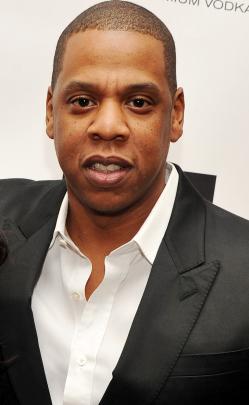Jay-Z’s cultural influence has reached far beyond hip-hop for some time—and now he’s helping to shape legal pedagogy. Southwestern Law School Professor Caleb Mason has written a scholarly article arguing that the rapper’s 2004 song “99 Problems” provides useful instruction in the Fourth Amendment. In the second verse, Jay-Z describes being pulled over by a cop back in 1994. Professor Mason goes over that verse line by line, and holds it up against the Fourth Amendment, which protects against unreasonable searches and seizures. The result is an entertaining and highly informational look into the legalities behind one of the most misunderstood sections of the Constitution.
A few aspects of Jay-Z’s lyrics are elucidated with particular insight by Professor Mason. For instance, despite what many of Mason’s incoming law students may believe, the police do not need a warrant to search your glove compartment and/or trunk, even if they are locked. The Supreme Court has declared that “cars are inherently mobile (and are pervasively regulated, and operated in public spaces),” which means they can be searched under the Fourth Amendment if police have probable cause for criminal activity. So when Jay-Z raps, “And I know my rights, so you go’n need a warrant for that,” he’s completely wrong, according to the professor.
But Jay-Z gets things right as well. Mason cites the rapper’s decision to “pull over to the side of the road” and ask the officer if he’s under arrest as particularly smart moves. By pulling over, he can challenge the police in court later if he is found to have been targeted illegally under the Fourth Amendment. If the officer says he’s not under arrest, they can only proceed to search for contraband with probable cause.
Mason is not the first lawyer to notice “99 Problems,” as he admits in the introduction of his paper. Attorney Warren Brennan took a similar approach three years ago, but his rather snarky analysis is neither as thorough nor as scholarly as Mason’s—and it’s less fun to read, too. Both men agree on what makes the rapper’s lyrics wrong in a legal context, but Brennan doesn’t acknowledge what is right, favoring instead a swift takedown of the entire verse and dismissing Jay-Z as “not the legal scholar he seems to fancy himself.” Adding to the superiority of Mason’s analysis: He seeks to clarify things for both the police and the suspect. When “in doubt,” he says, “call a lawyer. My door’s always open to players on both sides of this game.”
